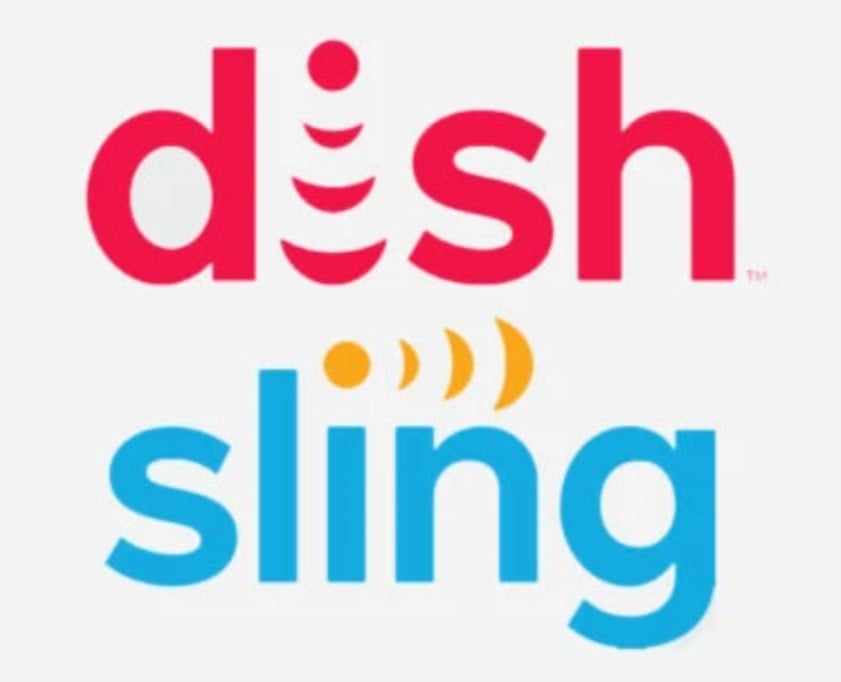
There is a growing divide in the wireless industry — on one side are those that believe that Dish Chairman Charlie Ergen’s business acumen and his desire to build a greenfield cloud-native 5G network will make the company’s yet-to-launch 5G offering a successful competitor to existing nationwide operators T-Mobile, AT&T and Verizon. And on the other side are those who say the company (which has not yet launched a single 5G market) is rapidly falling behind its competitors and doesn’t have the spectrum or the funding, to succeed as a fourth nationwide 5G wireless operator.
But Dish Network’s Ergen is accustomed to this type of controversy and is known for contentious court battles and public disagreements. In fact, he is currently in the middle of a very public spat with partner T-Mobile over the company’s plans to shutter its CDMA network on January 1, 2022. Dish is upset because it says the action is anticompetitive and will impact the company’s Boost Mobile MVNO customers that currently use T-Mobile’s CDMA network for service. T-Mobile it gave Dish plenty of notice about its plans and says that 90% of Boost’s 9 million customers will have new handsets that work on T-Mobile’s LTE network by the time the company shuts down its CDMA network anyway.
Besides having the costly endeavor of converting Boost CDMA customers to T-Mobile’s LTE network, Dish also has to contend with naysayers who think the company’s chances of 5G success are also slim.
A group of analysts led by Phil Cusick at JP Morgan recently downgraded Dish’s stock because of the company’s wireless network plans and their belief that its chances in the market are uncertain. Cusick reiterated what many wireless experts have said in the past about Dish’s endeavor, namely that building a wireless network is difficult and new networks often have coverage and quality problems for the first couple of years.
The Rakuten effect
Many point to Rakuten as an example of some of the problems Dish may face down the road. Like Dish, Rakuten is building a greenfield network in Japan and is using new cloud and software technologies such as open RAN to power its network. However, Rakuten has experienced some network performance issues and critics have said it’s not adding customers quickly enough to compensate for its spending.
Network measurement firm Opensignal reported in April that customers on Rakuten’s network experienced an average download speed of just 20.7 Mbps, which is dramatically lower than NTT DoCoMo. Customers on NTT DoCoMo’s network experienced an average download speed of 54.5 Mbps. Rakuten blamed its poor performance on its limited amount of 4G spectrum.
Limited spectrum could impact Dish as well. Cusick said that Dish’s competitors have two or three times that amount of spectrum that Dish has, making it difficult for the company to keep up unless it purchases more spectrum in future auctions.
However, Cusick and his team did offer one nugget of hope for Dish if it were able to form some sort of partnership with a company like Amazon and offer a Prime Wireless MVNO service to Amazon Prime customers. That might help the company quickly add customers, similar to how cable MVNOs Xfinity Mobile and Spectrum Mobile have attracted millions of subscribers in a relatively short time period by marketing the service to their cable customers. If Dish were able to strike such a deal it might greatly improve its competitive position.
Related: Dish network chief talks 5G service-based architecture
Perhaps that type of scenario is not far-fetched. Dish is already working with Amazon, but through its cloud division, Amazon Web Services (AWS). Dish plans to house much of its network in AWS’ public cloud, making the company’s 5G network fully cloud-native. In other words, almost everything except for Dish’s cell sites and base stations, will reside in the cloud.
This is where fans of Ergen and Dish believe that the company will set itself apart from its wireless competitors. And they say that because cloud-native is new to the telco industry, it is often underestimated.
In a tweet about the JP Morgan report, Peter Adderton, the founder of Boost Mobile, said that he believes that the use of open RAN and a cloud-native network architecture is misunderstood and that most analysts believe it will only be disruptive to the marketplace if it can deliver lower costs. Adderton says he believes the cloud-native architecture will enhance Dish’s speed-to-market.
We should know more about Dish’s 5G network in the next couple of months. Dish has said it will launch its first major markets in the third quarter and the company is rumored to be making lots of progress with permits in the Las Vegas area.
Whether you are a Dish believer or a Dish naysayer, you have to admit that the company has drawn a lot of attention to new network architectures like cloud-native and O-RAN. And a lot is riding on Dish to prove that these technologies are the future of wireless networking and not just a high-risk gamble.
"dish" - Google News
June 12, 2021 at 04:35AM
https://ift.tt/3xfgMiD
Marek's Take: Will Dish's 5G wireless gamble pay off? - FierceWireless
"dish" - Google News
https://ift.tt/2MXZLF4

No comments:
Post a Comment